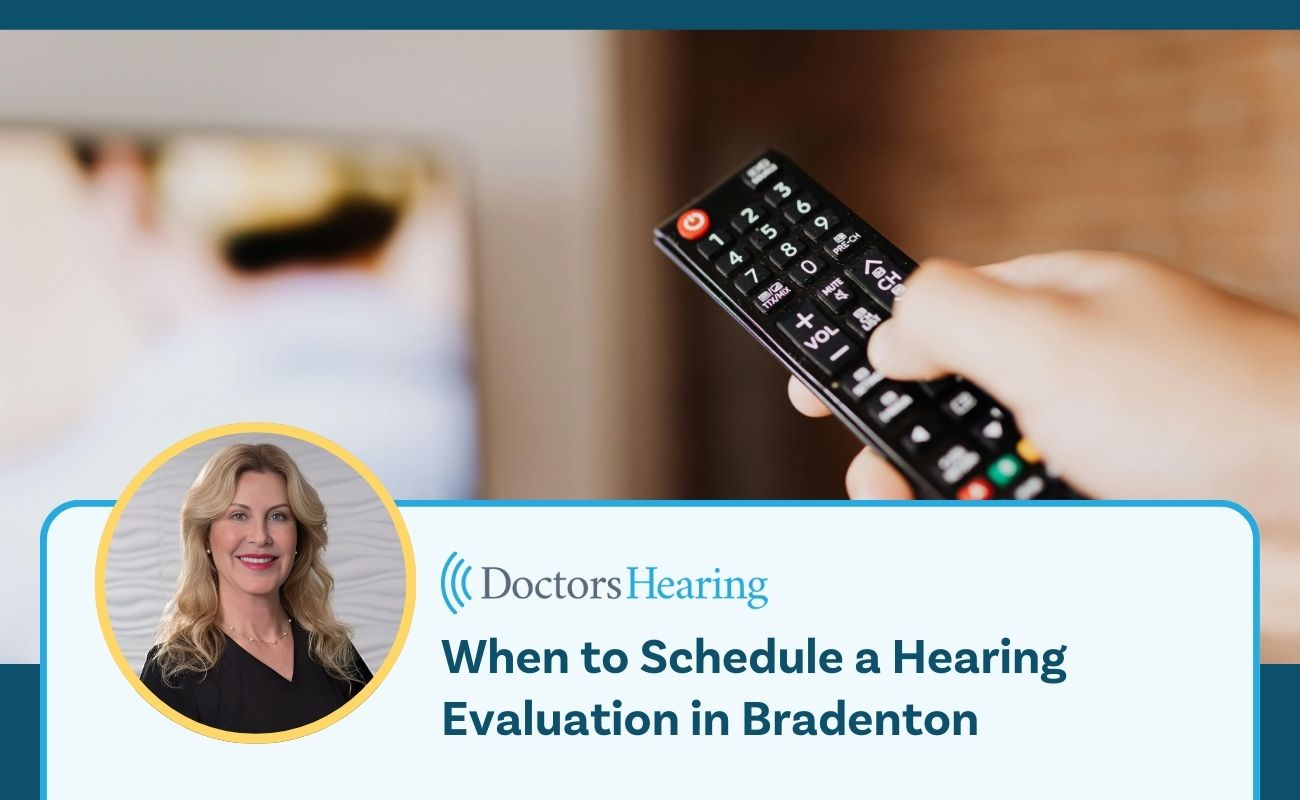

What First-Time Hearing Aid Users Should Expect
First-time hearing aid users should expect an adjustment period, necessary fine-tuning, and a learning curve for using and caring for their devices.
Taking the step to use hearing aids for the first time is a significant decision that can greatly improve your quality of life. At Doctors Hearing, we understand that this new journey may come with questions and uncertainties. To help you prepare, we've compiled a list of what first-time hearing aid users should expect during their initial experience with these life-changing devices.
1. An Adjustment Period is Normal
When you first start wearing hearing aids, it's important to remember that your brain needs time to adapt to the new sound input. This adjustment period is a normal part of the process.
What to expect:
- Increased awareness of sounds: You may notice sounds you haven't heard in years, such as the hum of a refrigerator or the rustle of leaves.
- Your own voice might sound different: This is common and usually subsides as you get used to the hearing aids.
- Potential discomfort: Your ears may feel a bit sore initially, but this should improve as you acclimate to wearing the devices.
Our approach: At Doctors Hearing, we guide you through this adjustment period with patience and expertise. We may recommend a gradual wearing schedule to help you adapt comfortably to your new hearing aids.
2. Fine-Tuning and Follow-up Appointments are Essential
Achieving the perfect settings for your hearing aids often requires some fine-tuning. This is a crucial part of ensuring you get the most benefit from your devices.
What to expect:
- Multiple appointments: We typically schedule several follow-up visits in the weeks after your initial fitting.
- Ongoing adjustments: As you experience different listening environments, we may need to make tweaks to your settings.
- Real Ear Measurements: We use this advanced technique to verify and adjust your hearing aid settings for optimal performance.
Our approach: At Doctors Hearing, we use state-of-the-art Real Ear Measurement technology to ensure your hearing aids are programmed precisely for your unique hearing profile. This scientific approach allows us to make accurate adjustments based on objective data, not just subjective feedback.
3. Learning to Use and Care for Your Hearing Aids Takes Time
Modern hearing aids are sophisticated devices with various features and functions. It's normal to need some time to become fully comfortable with their operation and maintenance.
What to expect:
- A learning curve: You'll need to practice inserting, removing, and adjusting your hearing aids.
- Battery management: Whether your aids are rechargeable or use disposable batteries, you'll need to develop a routine for keeping them powered.
- Cleaning and maintenance: Regular cleaning is crucial for optimal performance and longevity of your devices.
Our approach: We provide comprehensive training on how to use and care for your specific hearing aid model. Our team is always available to answer questions and provide support as you become more comfortable with your devices.
Your Partner in Better Hearing
At Doctors Hearing, we're committed to supporting you throughout your journey with hearing aids. From your initial fitting to ongoing care, we are here to ensure you get the most out of your devices.
Remember, the path to better hearing is a process, and it's different for everyone. Be patient with yourself, stay committed to wearing your hearing aids consistently, and don't hesitate to reach out if you have any concerns or questions.
Are you ready to take the first step towards better hearing? Schedule a consultation with our expert team at Doctors Hearing. We'll guide you through the process of selecting, fitting, and adapting to your new hearing aids. With our support and the advanced technology of modern hearing devices, you'll be well on your way to rediscovering the sounds of life. Contact us today to begin your journey to better hearing!





